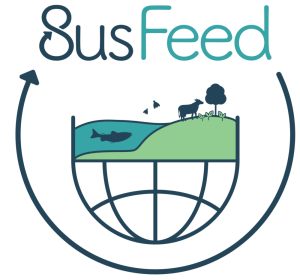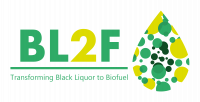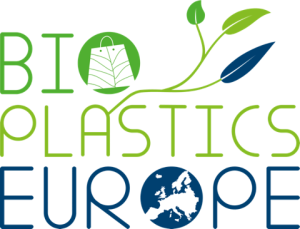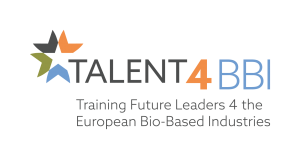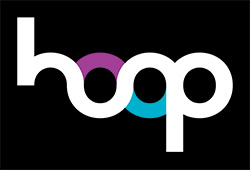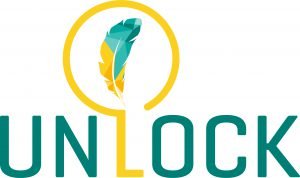Bio4Africa project
Project concluded

Diversifying revenue in rural Africa through circular, sustainable and replicable bio-based solutions and business models
Africa will need to feed over 2 billion people by 2050 while coping with unprecedented demographic, socio-economic, environmental, climatic and health transitions. Meanwhile, undernourishment is still on the rise, affecting almost 20% of its population now. Under this light, ensuring Africa’s food security becomes imperative, with the bioeconomy posed to play a leading role to this end. It is against this backdrop that BIO4AFRICA sets off to support the deployment of the bioeconomy in rural Africa via the development of bio-based solutions and value chains with a circular approach to drive the cascading use of local resources and diversify the income of farmers. Our focus is on transferring simple, small-scale and robust bio-based technologies adapted to local biomass, needs and contexts (green biorefinery, pyrolysis, hydrothermal carbonisation, briquetting, pelletising, bio-composites and bioplastics production). In doing so we aim at empowering farmers to sustainably produce a variety of higher value bio-based products and energy (animal feed, fertiliser, pollutant absorbents, construction materials, packaging, solid fuel for cooking and catalysts for biogas production), significantly improving the environmental, economic and social performance of their forage agri-food systems. To this end, we have set up 4 pilot cases with over 8 testing sites in Uganda, Ghana, Senegal and Ivory Coast, offering more than 300 farmers and farmer groups of all sizes (incl. small dairy and lower-income farmers, women farmer groups and transhumant pastoralists among others) the opportunity to test them in real productive conditions. Along the way, our balanced mix of 13 African and 12 EU partners will engage in solid multi-actor collaboration with rural communities and government, co-developing novel sustainable value chains driven by circular business models and supporting deployment in other areas, all while safeguarding agronomic, environmental, social and economic sustainability.
Contacts:
Knud Tybirk: kt@foodbiocluster.dk
website: https://www.bio4africa.eu/





